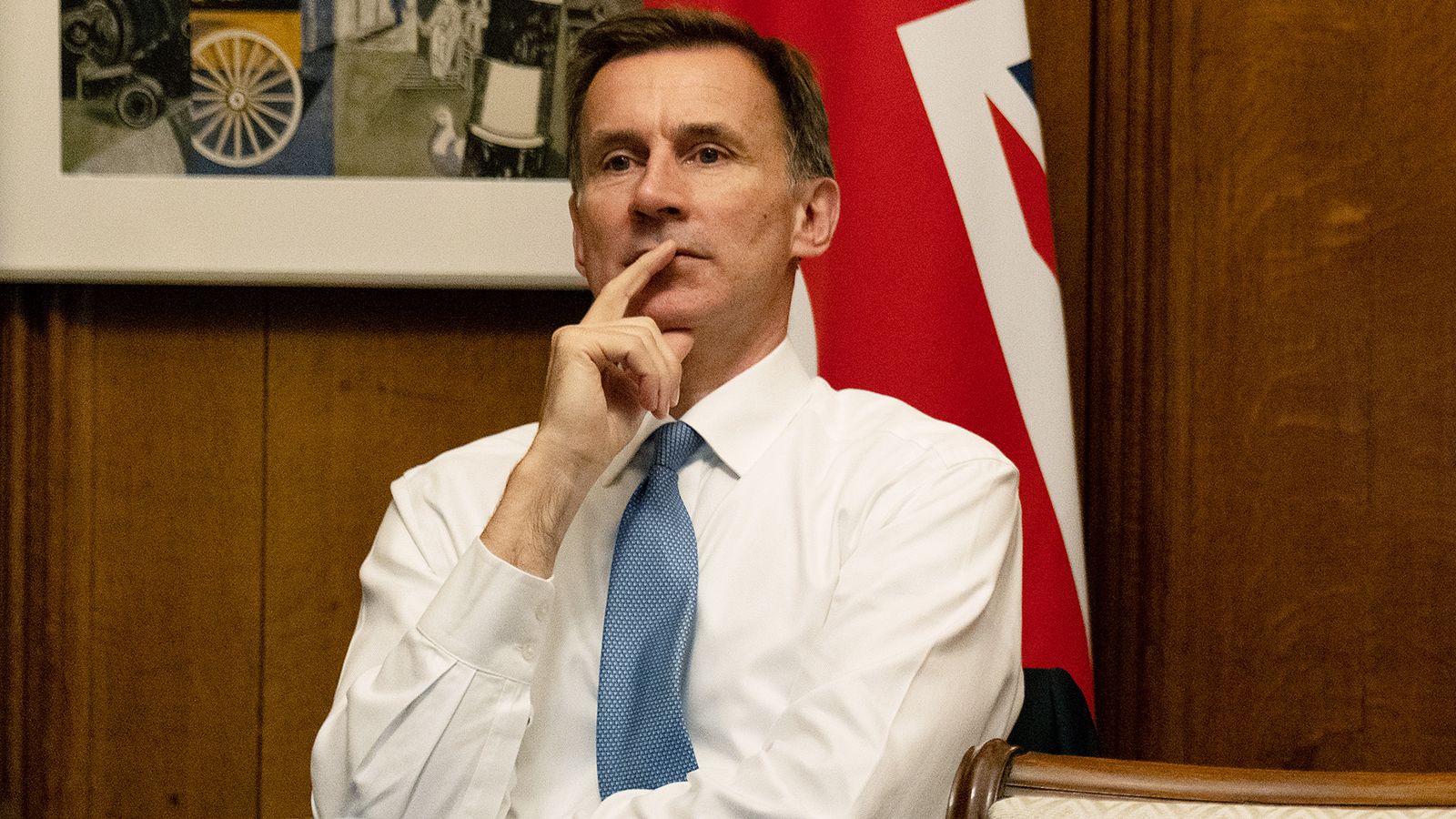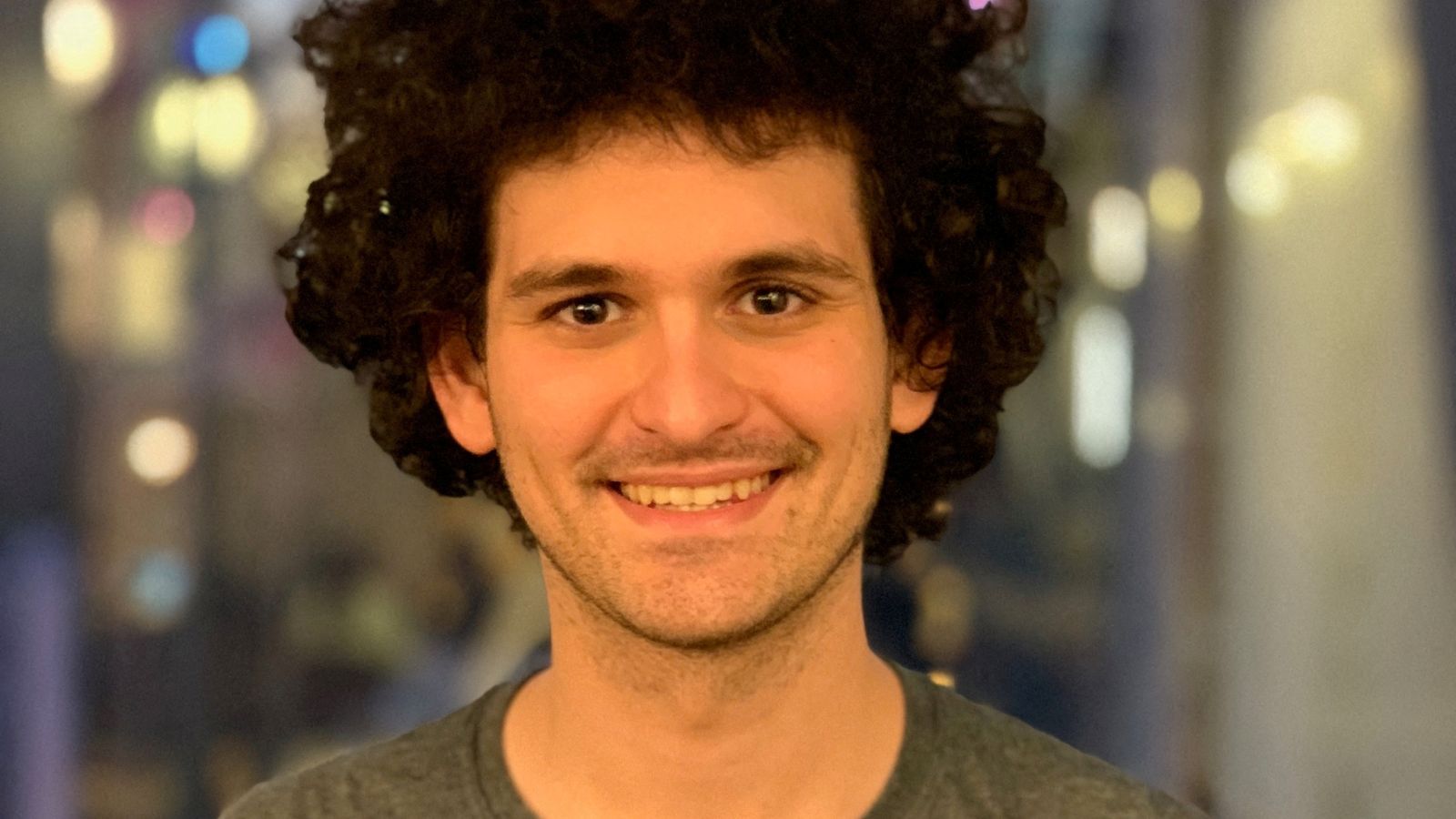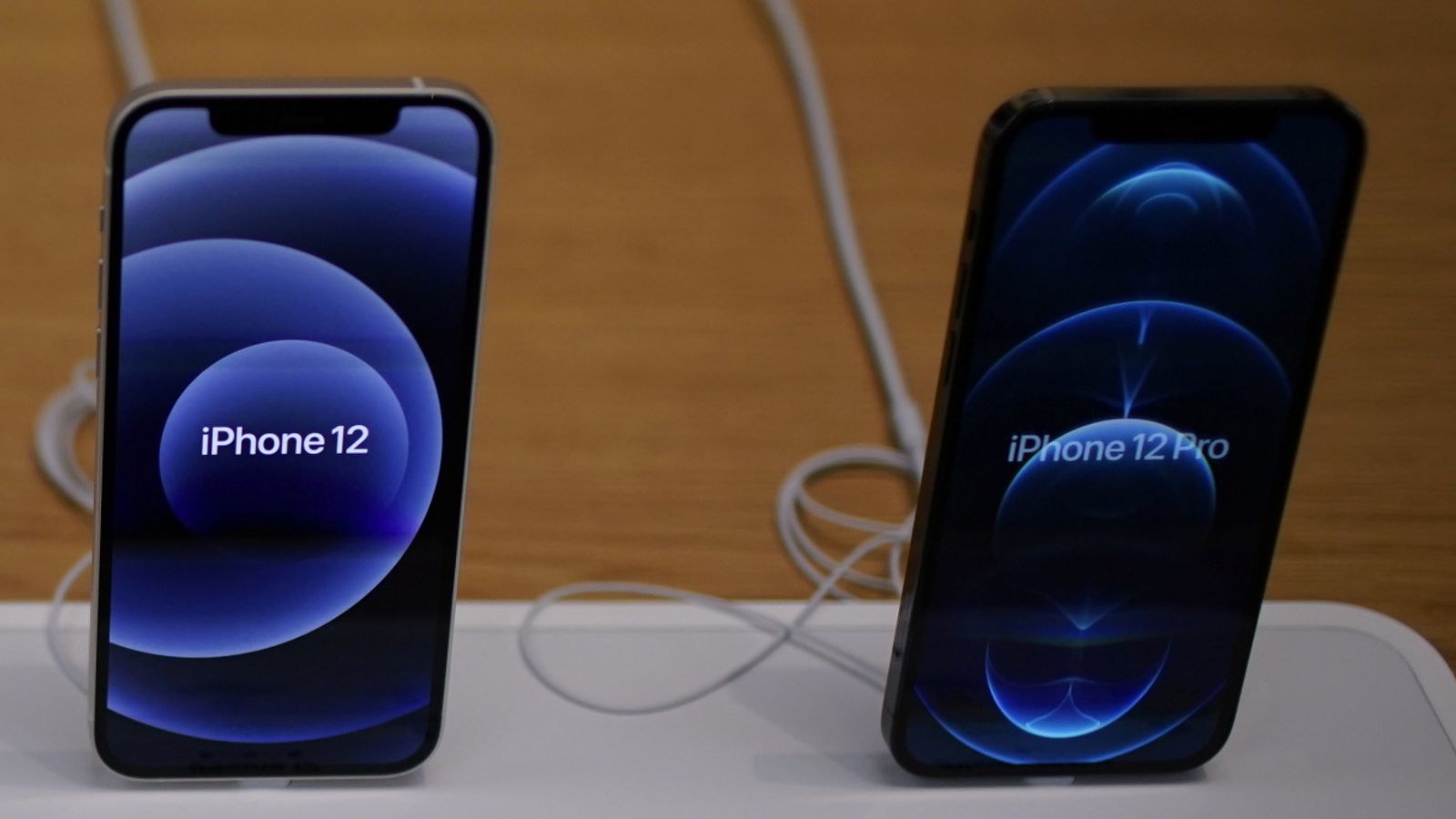
An executive at trillion-dollar asset manager firm Franklin Templeton expects bitcoin to become “something that every treasury needs to hold.” She believes that “every country is going to have to hold some reserves,” emphasizing that the cryptocurrency is “working its way increasingly into the traditional banking ecosystem as just a foundational part of that system.”
Kaul: Bitcoin Could Be Used as Base Unit of International Trade
Franklin Templeton’s senior vice president and head of Digital Asset and Industry Advisory Services, Sandy Kaul, discussed the future outlook for bitcoin in an interview with Natalie Brunell, published Thursday. Before joining Franklin Templeton, Kaul held positions at Shearson Lehman Brothers, Citi, and Goldman Sachs Asset Management.
A global leader in investment management with a presence in over 150 countries and serving millions of clients, Franklin Templeton reported $1.37 trillion in assets under management at the end of September. The asset manager has also applied to launch a spot bitcoin exchange-traded fund (ETF) with the U.S. Securities and Exchange Commission (SEC).
Regarding the broader adoption of bitcoin and the potential for nation states to embrace it, the executive said: “I think you’re already starting to see that.” She explained that less developed nations combine “some of their buying power around bitcoin” and use it “as a way to compete more effectively with bigger companies and bigger countries and bigger economies.” Emphasizing, “I think you’ll see more of that,” Kaul stressed:
I think also that it’s going to become something that every treasury needs to hold because portions of their business will just be facilitated more easily through bitcoin payments than through foreign exchange conversions that need to happen to enable cross-border trade today.
While noting that a lot of people see promises in central bank digital currencies (CBDCs) as “there will be a lot of efficiencies that get created by them,” she argued: “But those are going to still require all of that translation, and exchange rate risk that you carry in moving from country to country whereas a bitcoin is a bitcoin in every country.”
Kaul opined: “So I do still think that the potential to see this used as the base unit of international trade exists. I think at a minimum you are gonna see it used for certain types of trade.” She asserted:
That means that every country is going to have to hold some reserves and so I just see it working its way increasingly into the traditional banking ecosystem as just a foundational part of that system.
She concluded: “I think the question then just becomes: ‘Over time do people start to gravitate more to something that works globally and isn’t tied to any government’s policies? And that I think we’ll have to see play out. But intuitively, it feels like it absolutely could.”
Do you agree with Franklin Templeton’s head of digital asset research? Let us know in the comments section below.








